Does Acne Go Away as You Get Older?
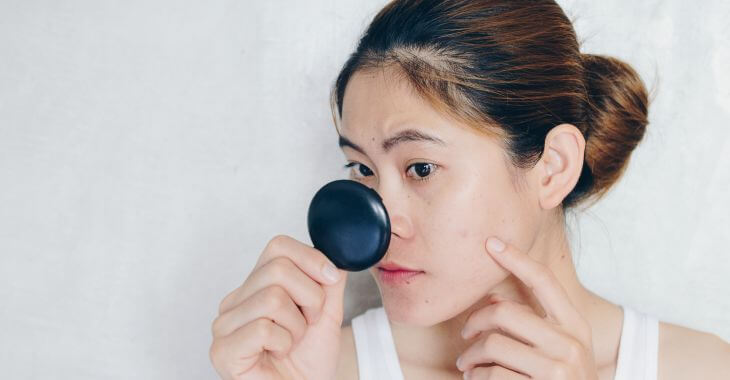
Everyone knows that teenagers are prone to pimples or acne. The changes in hormones and a variety of other factors can bring on acne breakouts in teens. Most teens experience acne, but many also continue to have acne into adulthood. At what age does acne go away and how long does it take for acne scars to go away? Here is what you need to know about acne breakouts and if acne can go away as you get older.
What is acne? Also called pimples or whiteheads, acne breakouts are nodules of inflammation that can occur when a pore is clogged. Approximately 80% of people who are affected with acne are teenagers; the other 20% are adults. Acne breakouts are most common on the face, but they can also occur on the shoulders, back, chest, buttocks and other areas of the body. Severe acne breakouts, or cystic acne, can leave behind scars that can stay on the skin well after the teen years.
Why Do Teenagers Get Acne?
The teenage years are when boys and girls go through puberty and many changes occur in the body. The hormone fluctuations that are responsible for puberty changes can also impact the oil glands in the skin. This can contribute to acne breakouts on the face, and also other areas like the shoulders. Not all teenagers experience the same level of acne – other factors like genetics, skin care, hair products, gender and lifestyle can impact acne breakouts.
After puberty, what age does acne go away? This can also depend on individual factors. Puberty usually begins between the ages of 10-13, and normal teenage acne can last 5-10 years. Boys tend to have more severe teenage acne, but they are more likely to have it dissipate as they move into their early twenties. Girls may have less acne in their teens, but they are more likely to continue experiencing mild or moderate acne breakouts well into their twenties and even the thirties or beyond.
Minimizing Acne Breakouts
Does acne go away on its own? For many teenagers, pimples are a part of life during their middle and high school years. Even many college students still have aggravating breakouts that can be embarrassing. While the hormonal changes can affect the oil glands and trigger high incidences of acne issues, there are ways to minimize pimples. Some options for reducing breakouts include:
- Keep skin clean using a mild soap twice a day
- Keep hair products off facial skin and shoulders
- Use non-comedogenic skin products and makeup
- Moisturize the skin and use sunscreen
Cleaning the skin will not treat existing pimples. There are many over-the-counter treatments for acne that can quicken healing of pimples and reduce scarring. Benzoyl peroxide and other treatments can kill bacteria. Some other treatments like salicylic acid can reduce clogged pores, helping reduce acne breakouts. There are also prescription acne treatments for more severe cases. Seeing a dermatologist for acne treatment can help control severe acne and reduce the chance of acne scarring.
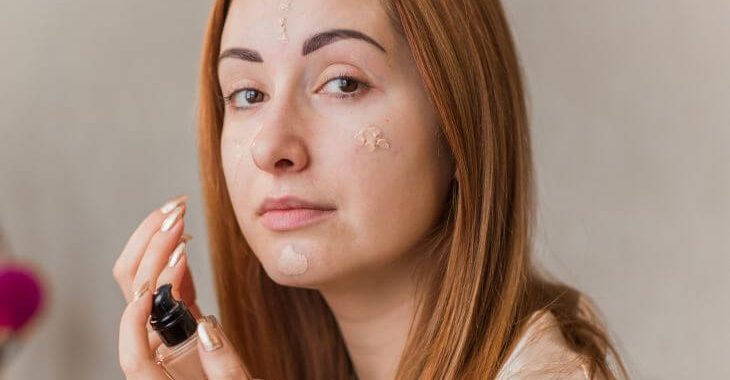
How Long Does It Take for Acne Scars to Go Away?
Unfortunately, severe acne, especially cystic acne deep in the skin, can leave behind scars. Even if you find the right preventive program or treatment for acne, you may have acne scars left on your skin. How long does it take for acne scars to go away? That can depend on the severity of the acne, how you care for your skin and genetic factors. The good news is that there are ways to make acne scars go away faster with the right dermatology and skin treatments.
Acne scars can be discolorations on the skin, or they can be indented into the skin. Indented acne scars fall into different categories of atrophic scarring, including ice pick, boxcar and rolling scars. In many cases, acne scars will not go away on their own. They may fade in time, but many people will need skin treatments to remove acne scars from their skin.
There are multiple treatments available to fade discolorations caused by acne, including laser skin treatments and exfoliation of dead skin cells. For indented scars, smoothing the skin and increasing collagen can greatly improve the appearance. Exfoliation, micro needling, chemical peels, IPL treatments and even dermal filler injections can be used to help acne scars go away.
At what age does acne go away? It is different for everyone, but most teenage acne fades away in the early twenties. Acne scars can last for many years, especially if it involves atrophic scarring. If you want to control acne breakouts or improve the appearance of acne scars, visit a dermatologist in your area. There are many effective acne treatments for teens and adults to minimize pimple breakouts, as well as skin treatments for acne scarring.
The information provided on this website, including text, graphics, images, and other materials, is intended solely for informational purposes and should not be used as a substitute for professional medical advice, diagnosis, or treatment.
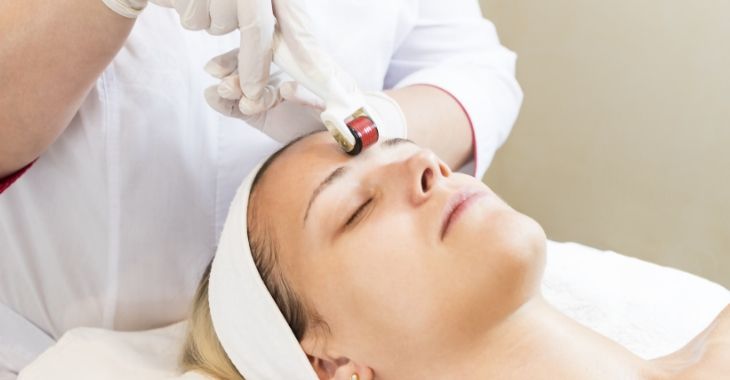
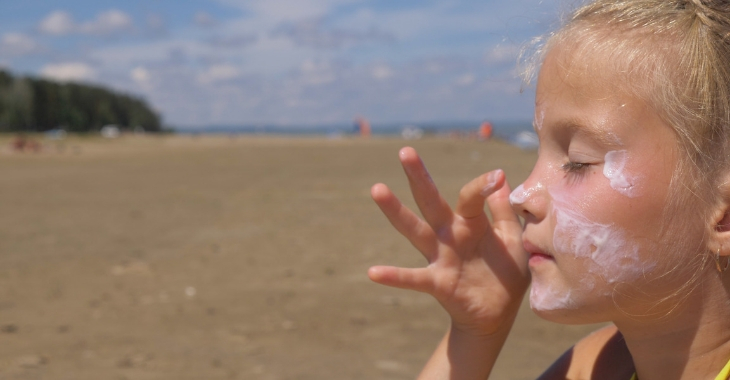
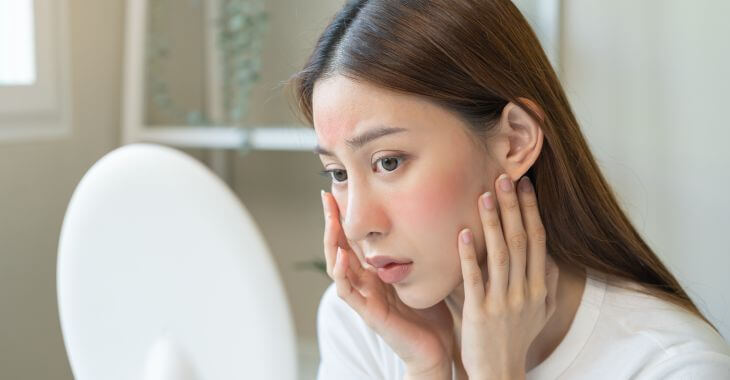
)